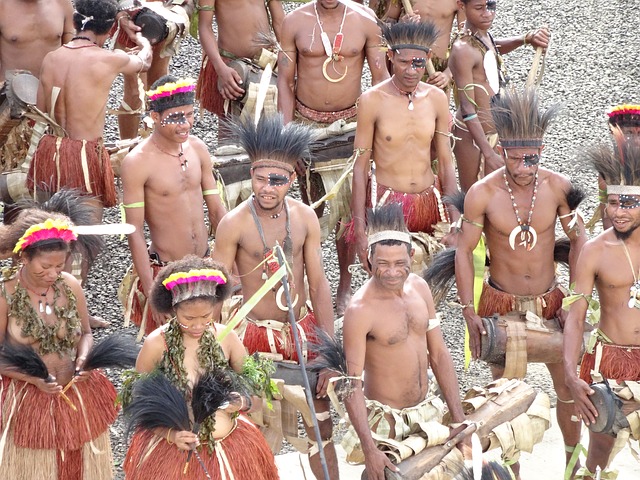
Ethnoecology studies the link between culture and nature
Ethnoecology is a concept that is not included in the dictionary of the Royal Spanish Academy ( RAE ). In any case, it is possible to get closer to its meaning if we pay attention to its components.
Culture and nature
The compositional element ethno- , which comes from the Greek word éthnos , can refer to “the people” . The noun ecology , meanwhile, refers to the science that is dedicated to the investigation of beings as inhabitants of an environment . The term can even be used to directly refer to the environment .
Returning to the idea of ethnoecology , the notion is associated with the study of the link between a culture and nature . It is a multidisciplinary approach that seeks to understand how a human group, based on its knowledge and beliefs, visualizes its environment and takes advantage of the natural resources at its disposal.
Ethnoecology, in short, analyzes both the worldview of the community and its system of knowledge and the practices it develops to appropriate nature . Many aboriginal peoples, for example, grant a sacred character to the planet and relate to ecology based on this position.
History
The first ethnoecological studies were carried out in the 1960s and 1970s , aiming to understand how Aboriginal communities were responsible for classifying plants and the rest of the natural components of their environment. Starting in the '80s , ethnoecology focused on the analysis of local ecological knowledge as an instrument to manage natural resources in a sustainable way. Closer in time , finally, local systems of ecological knowledge applied to development and conservation became the main object of interest of this discipline.
Kosmos, corpus and praxis
Ethnoecology focuses on the study of the relationship that exists between the variables kosmos (the worldviews or beliefs of the people), corpus (the total set of cognitive systems or knowledge) and praxis (the administration and use of natural resources).
Therefore, this discipline provides a series of concepts and a method that serve to study the processes through which human beings appropriate their natural environment . Drawing on the many ethnoecology studies that have been carried out in many cultures of natural spaces around the world, certain general features can be determined regarding the ways in which modern-day Aboriginal people understand, know and use the nature.
the cosmos
For Aboriginal people, nature is conceived as something sacred: they respect and venerate it . They do not believe that it is a mere resource, as is the case in modern societies. In other words, they consider it the origin of life, the center of existence itself, which creates, sustains and nourishes it . They also believe that we are all intrinsically linked, living beings and things, the natural and social world.

Generally, Aboriginal people obtain resources close to their tribes
The corpus
The body of ecological knowledge that Aboriginal people have is usually local, and transmitted from one generation to another through their own cognitive systems. The corpus is knowledge that is not captured in writing, but is passed on through oral communication and practical teaching.
The praxis
These societies are sustained by using the closest resources, so that their exchange is carried out with nature itself, although there are also exceptions in which they rely on the market. To sustain this cycle they must implement methods that ensure the production of goods and energy without interruption by their habitats .
